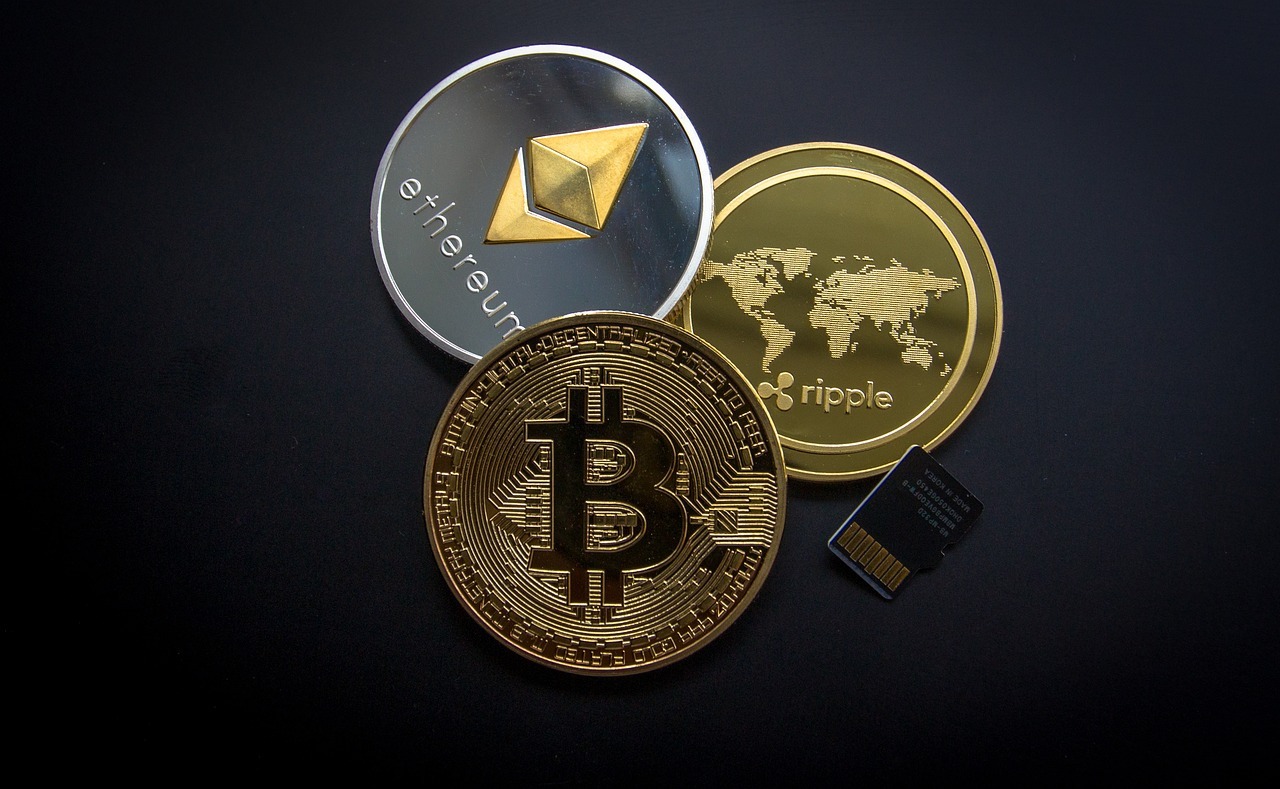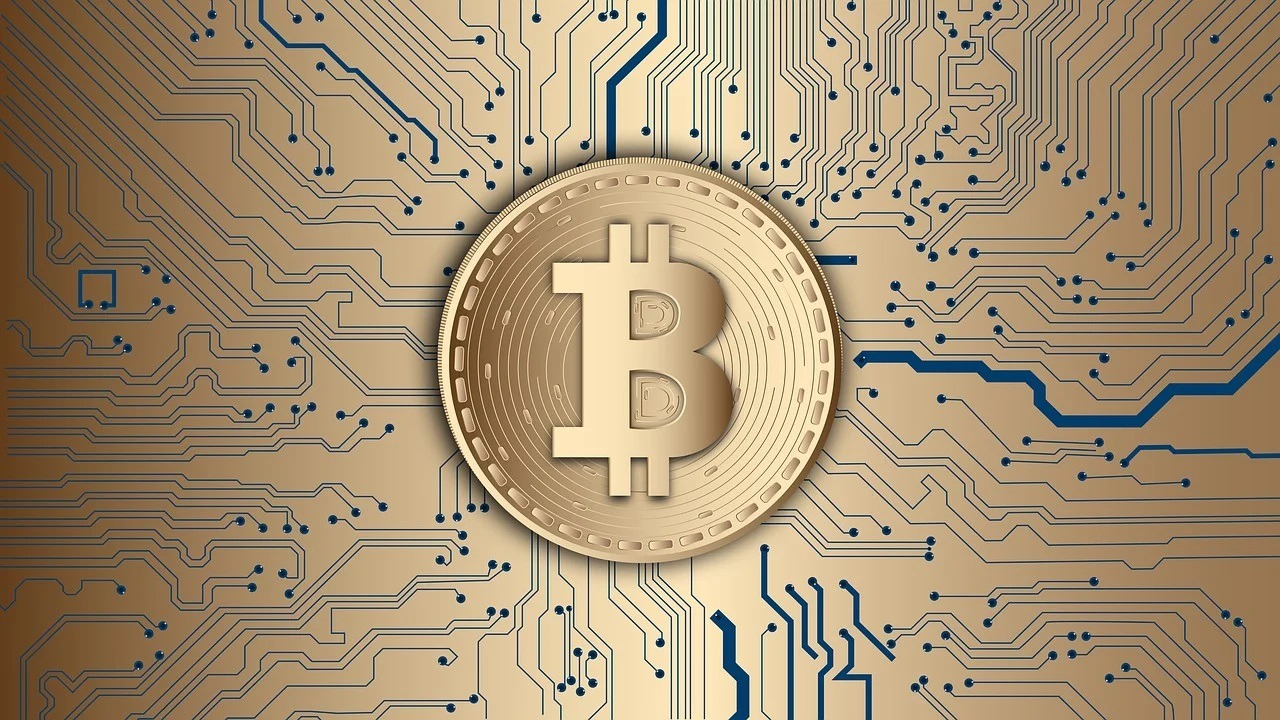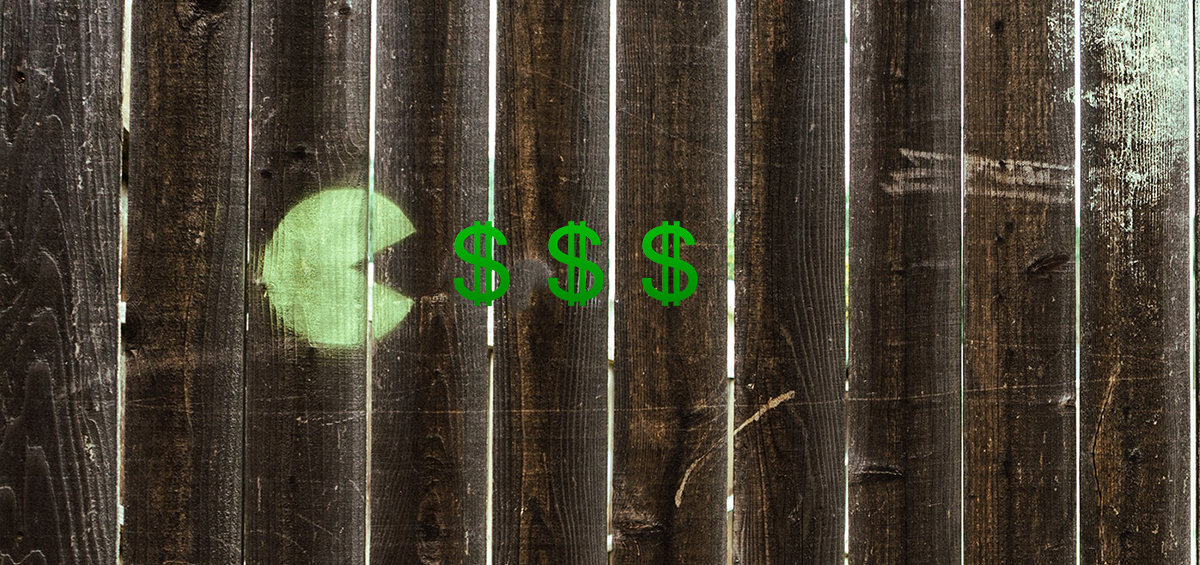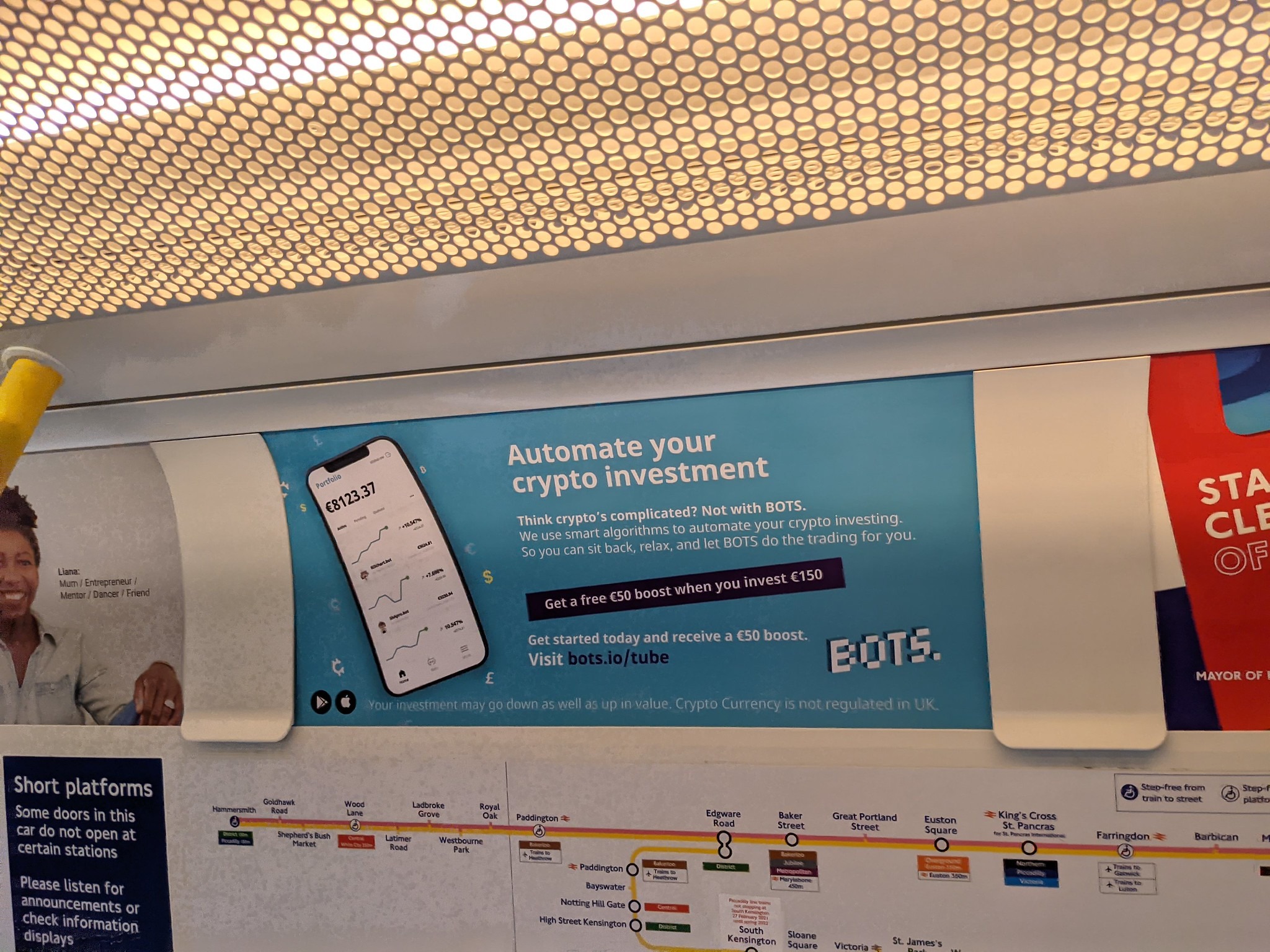“Cryptos have no underlying assets, not even a tulip.” –Shaktikanta Das
Ouch. That’s the RBI Governor, not mincing his words.
Like everyone else, we’ve pored over the Budget announcements on crypto-assets. The euphoria in the crypto-verse was short-lived. Crypto-assets haven’t been outlawed; but that’s about it. The proposed tax-rates and structure aren’t – to put it mildly – kind to the crypto-ecosystem. To be fair, regulating this industry is a case of ‘damned if you do’ and ‘damned if you don’t’. So, we travel back in time to document a conversation between Akbar and his trusted minister, Birbal about ‘magic coins’. Perhaps it rings a bell.
[Scene I]
Birbal is furiously scribbling. Other ministers, gathered around, befuddled by the furor. Magic coin traders and minters anxiously await commencement of the proceedings. Some of them have been hauled up by sainiks (security forces). Commoners throng the court, eager for Akbar to arrive. They are speculating if the emperor himself owns a few magic coins. “I’ll bet you 5 magic coins he does”.
*Akbar enters * all rise.
Birbal: Jehanpana, the heavens are falling. They’re all buying some magic coins, and the scene’s appalling.
Akbar: Pray tell, what are these magic coins?
Birbal: Jehanpana, they come in many cases and types. They can’t be seen, and we should curb this hype.
Akbar: Why, then must one buy them? Are they worth more than the tulips in my garden?
Birbal: Some use them to lend; others to pay. Some claim they will be dearer than gold one day.
Akbar: Birbal, the world knows of your wisdom. I leave it unto you to do what is right.
Birbal: Let your people trade away. Trust me, Jehanpana, it will be okay.
*Magic coin traders erupt with joy. They glare at the sainiks, trying to break free. Birbal smiles wryly*
Akbar: Birbal, I want your advice to set things right. Pray tell, do you rejoice at my plight?
Birbal: Fret not, Jehanpana. We will tax magic coin trades at the highest rate. You will soon see our coffers inflate.
* Commoners gasp. Akbar, now relieved, breaks into a wide smile *
Akbar: O wise Birbal, you know the cure to my pain. You have proven your loyalty once again.
[End Scene]
American political commentator, Chris Hayes talks about “hassleocracy” – making something such a hassle that less people do it. The Budget proposal to tax virtual digital assets or VDAs (like cryptos and NFTs) could change the way Indians interact with the VDA ecosystem. It’s hassleocracy, at its best.
All VDA headlines from the Budget have centered around the one big change: 30% flat income tax. Less talked about is the seemingly innocuous 1% withholding tax (popularly, TDS or Tax Deduction at Source). The rule is simple, every time you pay someone (in cryptos or good old fiat money) to buy VDAs, you must withhold a 1% tax on the transaction amount. This withholding tax will be cumbersome and takes away money available in the hands of traders. Centralised exchanges may make it somewhat easier to collect it. But what about P2P trades? Or decentralised exchanges? That makes it a hassle enough for lesser people to make these trades.
And where does this leave the other side of this equation – crypto-exchanges, crypto-advisory platforms and NFT marketplaces?
Let’s look at the crypto-exchanges first. A large chunk of their revenue comes from active traders – people who make multiple trades a day and pay a fee on every trade. But with the Budget changes, there will likely be a dip in transactions and speculative active trading. So, crypto-exchanges, who have relished having short term active traders, may need to recalibrate. Many newer centralised exchanges have raised money on the promise of the millions of new users that will join the crypto-bandwagon. There is a race to provide the simplest, most efficient trading experience to these new users. But the 1% withholding tax distorts the simplicity of crypto-trading, and the promised users may never show up. And while speculative trading may reduce, advisory platforms – home to the low-risk, long term value seeking investors – may benefit.
And amidst others, NFT marketplaces find themselves in a unique bind. The volume of trades of an NFT is an apparent indicator of its value. And increasing volumes add to an NFT marketplace’s commissions. With a potential decrease in volumes, NFT marketplaces are also likely to take a hit. However, in the long run, if only serious NFT connoisseurs remain, the NFT marketplaces will likely win. For instance, a tedious tax process may reduce price manipulation through wash trading (making false trades to drive up value of an NFT), an activity rampant on NFT marketplaces.
That said, the Budget announcements led to a 30-50% increase (from previous day) in user sign-ups on crypto-exchanges on the day of the Budget. How this translates into everyday trading behaviour is yet to be seen. At the end of the day, economic behaviour isn’t rational, it’s simply human, as behavioural economist Richard Thaler would say.
For a more detailed analysis of all the Budget announcements on VDAs, you can read our blog here.
(This post has been authored by the fintech team at Ikigai Law. It was originally published in the February 2022 edition of our monthly fintech newsletter, FinTales.)










